Can Independent Surrogacy Be Done?
Independent surrogacy is a choice for intended parents and potential surrogate mothers for various reasons. Some may have friends or family willing to act as surrogates, thinking that a surrogate agency is unnecessary to handle the details. Others may have paired up with someone through a surrogate website and prefer to manage the process themselves.
However, regardless of why you choose independent surrogacy, it is important to keep the following tips in mind to ensure a smooth experience.
1. Involve a Lawyer from the Start
The first and most crucial tip is to involve an experienced attorney right from the beginning. This is essential to avoid potential expensive and disastrous mistakes. Without the guidance of a surrogate agency, your lawyer will fill in the legal gaps related to surrogacy. This is particularly important in some states (e.g., New Hampshire), where the laws around the validity of surrogacy contracts have specific requirements.
Do not skip hiring a lawyer just to save on surrogacy costs. Trying to manage surrogacy contracts on your own is a risky move. Many states, like New Hampshire, may render a surrogacy agreement invalid if not handled by an attorney. This could lead to losing essential rights, such as obtaining a pre-birth order (PBO), having the intended parents’ names on the initial birth certificate, or absolving the surrogate of any post-birth responsibilities.
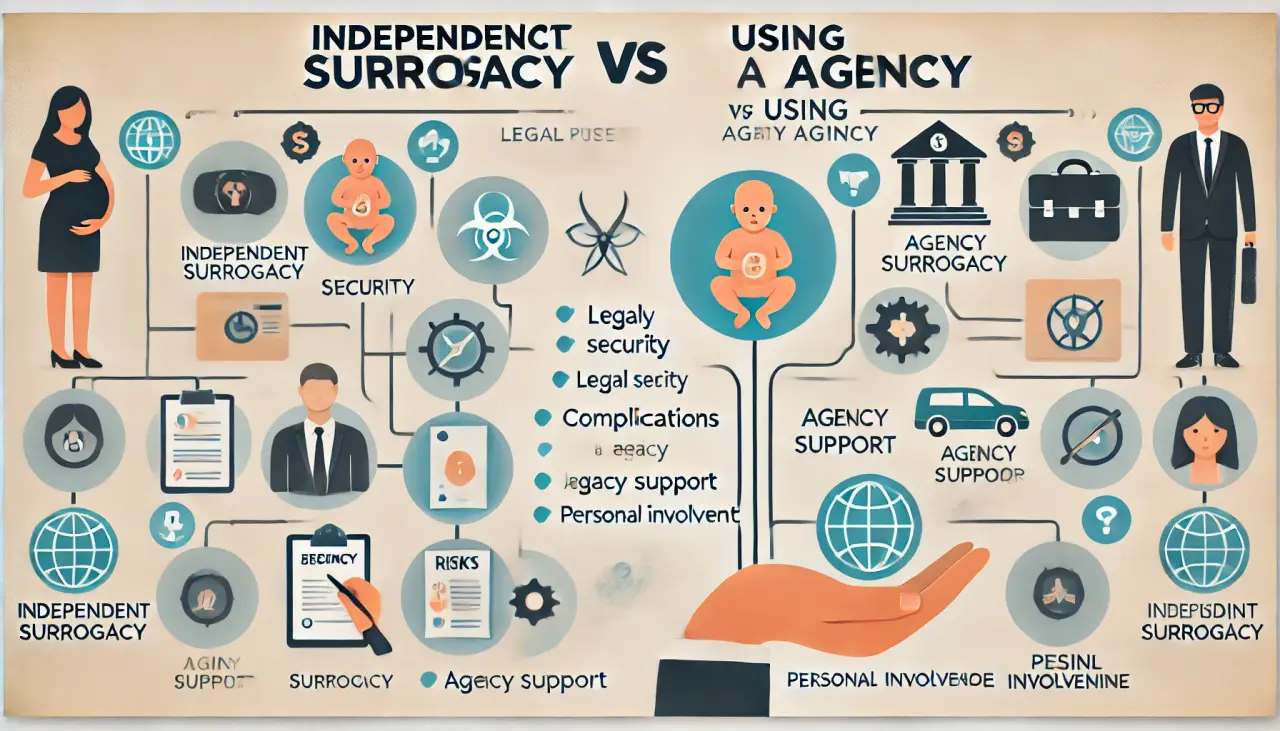
2. Understand the Risks of Not Using an Agency
By choosing independent surrogacy, you forgo the safety net that comes with working with a qualified surrogate agency. Such agencies help ensure the process runs smoothly. While family members or friends might feel comfortable managing the pregnancy without this safety net, this approach can be much more challenging for those unfamiliar with each other. Therefore, independent surrogacy might not be suitable for everyone, especially those who don’t have established trust with the surrogate.
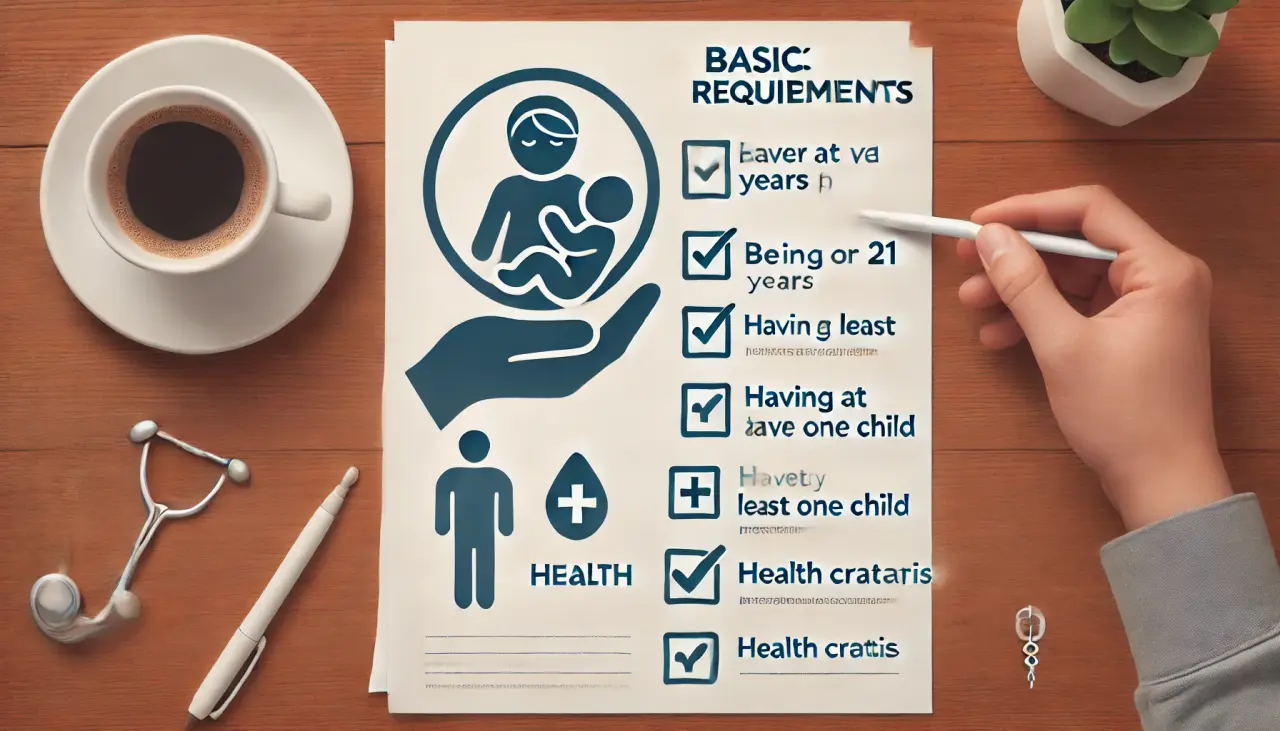
3. Minimum Requirements for the Surrogate
Do not proceed with a surrogate if she is under 21 years old or does not have at least one child of her own. These basic requirements, which may be set by state laws or your doctor, ensure that the surrogate is mature enough to make informed decisions. Failing to meet these criteria could have serious legal and financial consequences.

4. Respect Personal Beliefs and Preferences
It’s important to respect the surrogate’s personal choices. For instance, if the surrogate is vegetarian, don’t expect her to change her dietary preferences just to accommodate yours. Similarly, if intended parents expect a purely business-like relationship, they should not expect it to evolve into something more personal during the pregnancy. If the surrogate does not seem like a good match, it’s better to reconsider.

5. Avoid Compromising Personal Values
If you have strong personal views on topics like abortion, do not agree to terms in the surrogacy contract that conflict with your beliefs. For example, New Hampshire’s surrogacy law effectively addresses this issue by requiring a written agreement on how abortion will be handled during the pregnancy. This ensures that everyone involved has considered these key issues before proceeding.

6. Prepare for the Hard Work of Surrogacy
Successful independent surrogacy requires significant effort from all parties. Be prepared to dedicate time and energy to the process. Flexibility and readiness to handle any challenges that arise are essential.
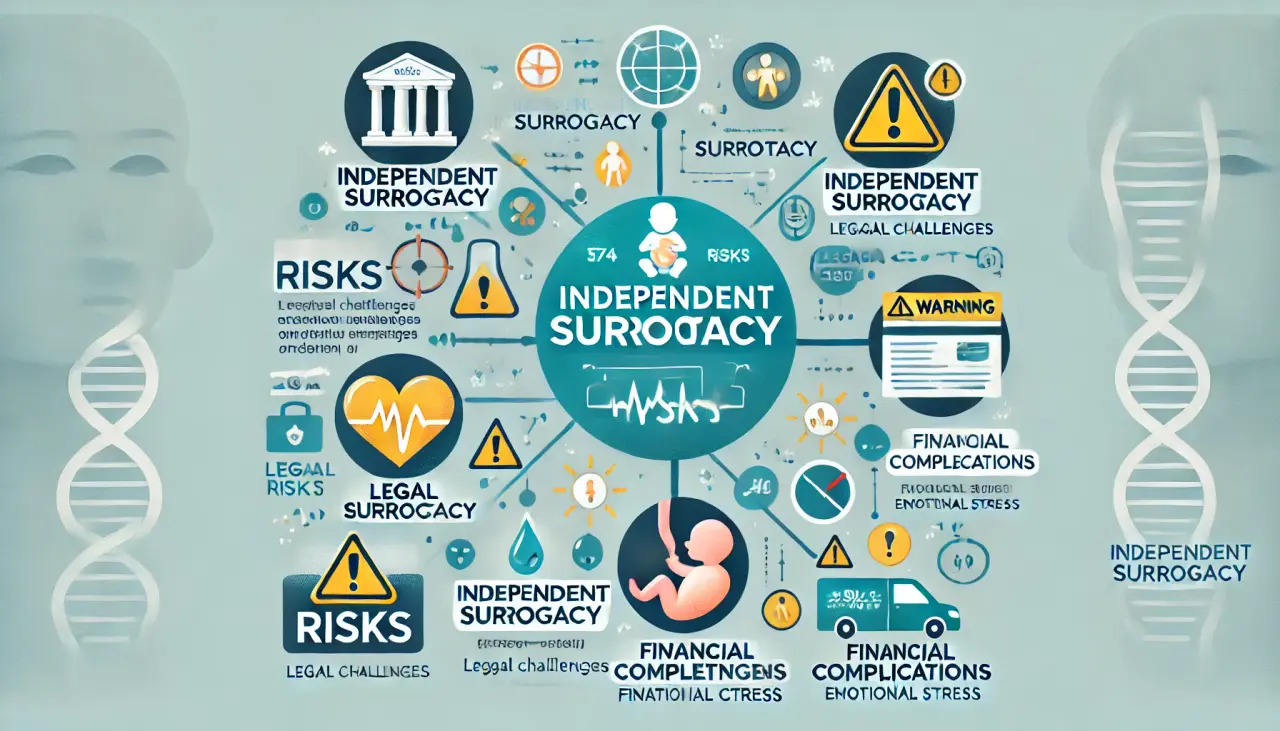
7. Don’t Ignore the Risks
Surrogacy comes with its share of risks, and you should be prepared for possible negative outcomes. If potential issues cannot be resolved, it is important to be ready for the consequences.
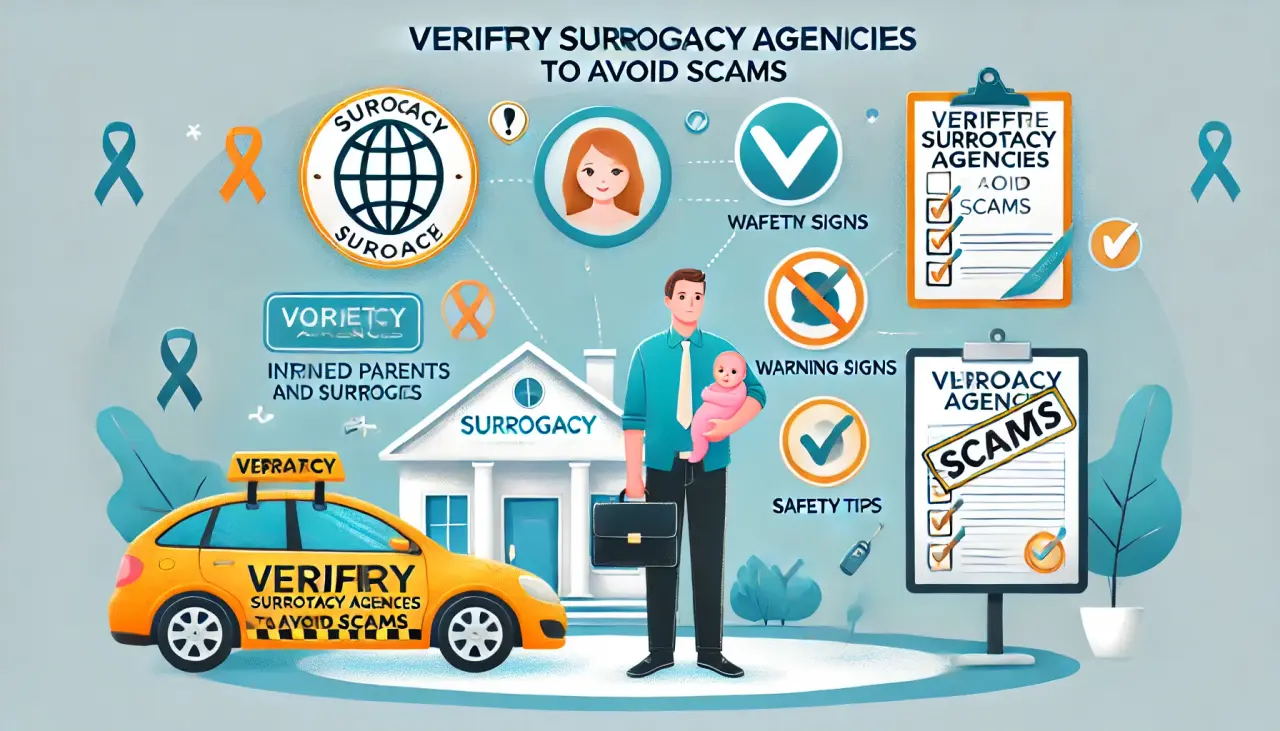
8. Beware of Scams
Unfortunately, some women may take advantage of intended parents seeking surrogacy by attempting to scam them out of their money. At the same time, intended parents should be cautious about surrogates who have unrealistic or inflexible expectations, which could lead to rejection by reputable agencies.
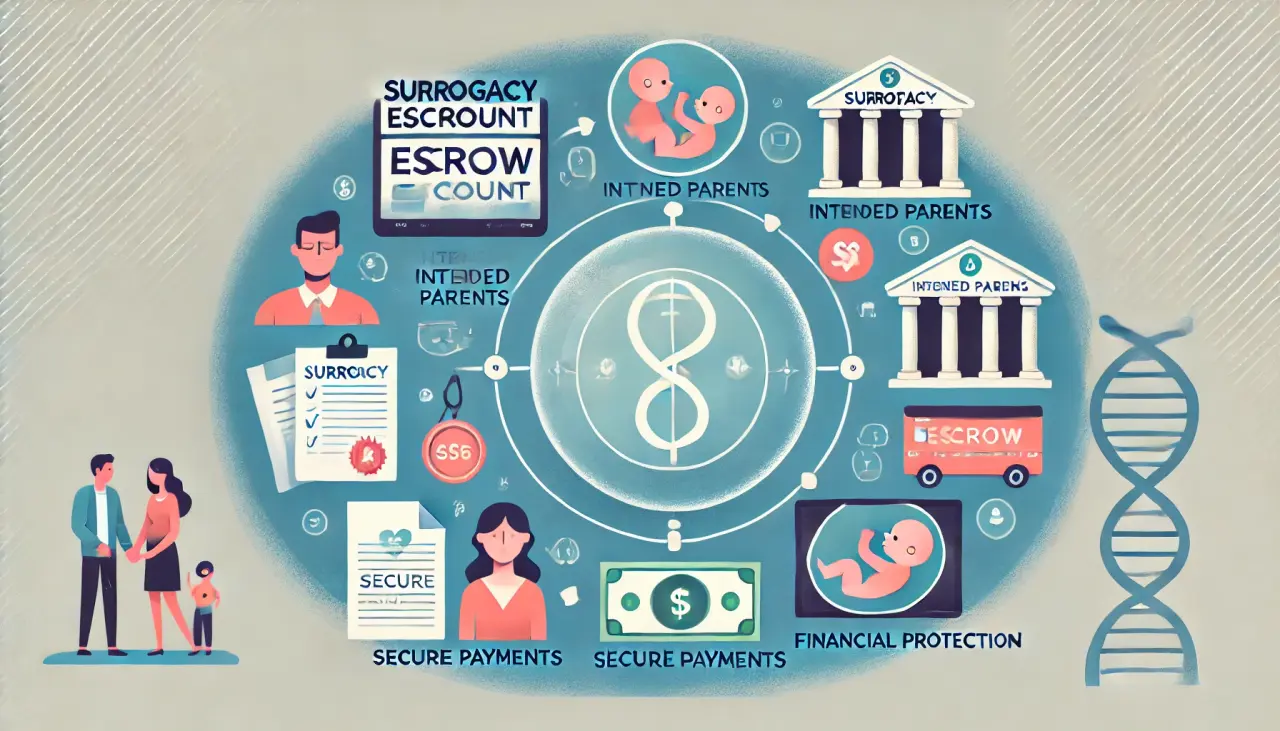
9. Review Insurance Coverage Carefully
Just because a surrogate has had successful pregnancies in the past does not mean her insurance will cover this one. Your lawyer can help clarify how medical bills will be managed and ensure that all medical risks are covered.
10. Financial Arrangements: Don’t Skip a Surrogacy Escrow Account
Make sure that your surrogacy contract includes all necessary financial terms. It’s not wise to “wing it.” Do not forgo using a surrogacy escrow account to save money. While some family or friends might think handling payments directly between themselves is sufficient, using an escrow account protects the financial interests of the surrogate, which is a key component of most independent surrogacies.
By following these essential guidelines, you can ensure a smoother and more legally sound independent surrogacy process. Always consult with experts to safeguard the interests of all parties involved.